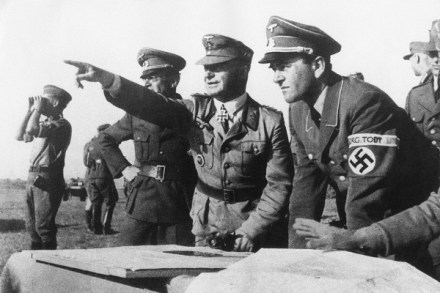Thank you, Christopher Martin-Jenkins
The children who grew up when Christopher Martin-Jenkins began to commentate on cricket (both in print and on the air) have got old. CMJ’s 40-odd year career has been brought to a premature end by cancer; and the cricket writing world has paid tribute to its companion. The pieces by Mike Selvey, Jonathan Agnew and Michael Atherton are very touching, and very, very funny. CMJ’s innate unpunctuality and disorganisation conspired to make episodes of glorious farce. He arrived at Lords to commentate on a Test Match that was being played at the Oval. He stopped a car journey to make an urgent phone call, only to discover that he had mistaken





